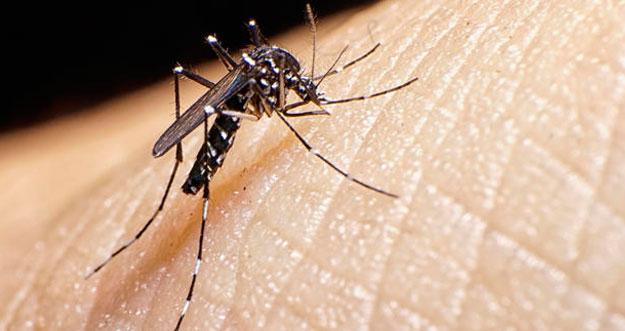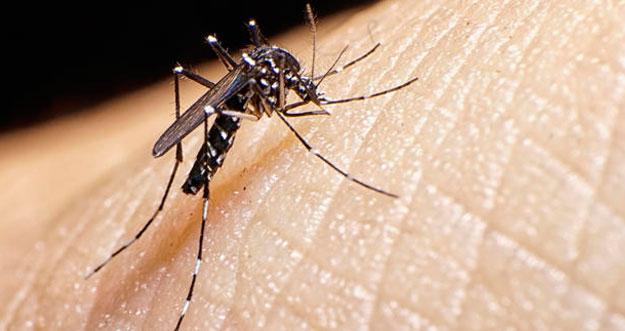Practice Alert: What Nurses Need to Know About Zika


A Q&A with Deputy Chief Medical Officer, Machelle H. Allen, MD
The Centers for Disease Control and Prevention (CDC) has issued a health advisory about Zika virus for people who have recently traveled, or intend to travel to Central America, South America, the Caribbean, and Mexico. In light of this recent advisory, the Insider sat down with Machelle Allen, MD, NYC Health + Hospitals’ Deputy Chief Medical Officer, to get more information.
1. The Insider: What is Zika virus?
Dr. Allen: Zika is a virus that spreads to people through bites of infected mosquitoes. The particular mosquito thought to be responsible for spreading the disease is known as Aedes aegypti, and this mosquito is not found in NYC. Most people with Zika do not get sick, however it can cause birth defects, therefore pregnant women should take precautions.
2. The Insider: Who is at risk?
Dr. Allen: Women who have recently traveled to Central America, South America, the Caribbean, or Mexico while pregnant should contact their health provider immediately. Women planning travel to such regions while pregnant should avoid or postpone their plans. If you have not recently traveled to the aforementioned areas, you are not currently at risk.
3. The Insider: What are the symptoms?
Dr. Allen: Up to 80% of people who are infected do not become sick. For the 20% who do become sick, the most common symptoms include fever, rash, joint pain, and conjunctivitis (red eyes). Symptoms begin 2 – 12 days after being bitten by an infected mosquito. The illness is usually mild, with symptoms lasting from several days to a week. The illness may be mistaken for dengue virus or chikungunya virus, two other mosquito-borne diseases.
4. The Insider: What risk does Zika virus disease pose to unborn babies?
Dr. Allen: Several months following the outbreak of Zika in Brazil, a large increase in the number of babies born with a congenital birth defect called microcephaly was observed. Microcephaly describes a baby or child with a smaller than normal head. A study is being done to see if the increase in reports of babies with microcephaly is due to an infection with Zika virus during pregnancy as this complication had not been previously reported with Zika virus. Other causes of microcephaly are also being investigated.
5. The Insider: How is Zika virus disease treated?
Dr. Allen: No specific treatment is available. People infected with the virus may receive medications to relieve their symptoms.
6. The Insider: How can we protect our patients?
Dr. Allen: Travel advisories should be posted in plain sight to inform the public about the potential risk of Zika. Upon intake, women who may be pregnant should be asked if they have recently traveled to the affected regions. You can find the travel advisory here.
Additional Resources
- NEW! CDC - Morbidity and Mortality Weekly Report: Update: Interim Guidelines for Health Care Providers Caring for Infants and Children with Possible Zika Virus Infection — United States, February 2016
- There is a slight risk of Zika transmission through blood transfusions. Although the risk of occupational exposure in a healthcare setting is minimal, as with any potential bloodborne pathogen, it is important to always follow standard precautions when handling bodily fluids or other potentially infectious materials. Visit the CDC for more information.
- Centers for Disease Control and Prevention (CDC): Zika Virus
- NYC.gov Health: Zika Virus
- National Nurses United: Basic Information on the Zika Virus